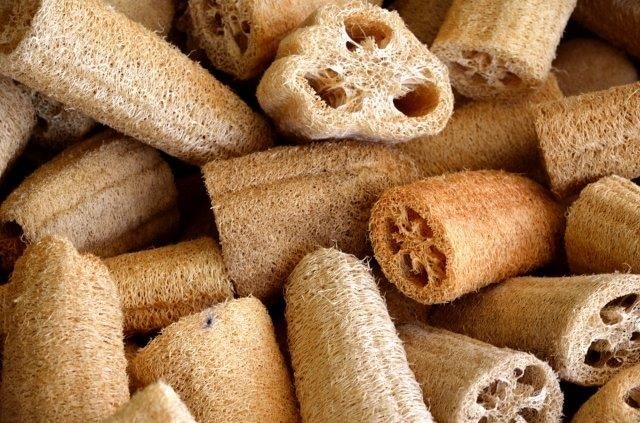Jun 17 2016
The present-day mobile lifestyle relies on rechargeable lithium batteries. As a result, a big enhancement in the capacity is needed to move these storage devices to the next level - i.e. for extensive use in vehicles or to shore up the electric grid.
 A carbon material derived from loofah sponges could be used in the next generation of lithium batteries. Credit: umdash9/iStock/Thinkstock
A carbon material derived from loofah sponges could be used in the next generation of lithium batteries. Credit: umdash9/iStock/Thinkstock
In ACS Applied Materials & Interfaces, researchers have presented a report on how to increase the usage of lithium batteries in more promising applications by using a totally new solution that deals with renewable and inexpensive loofah sponges.
It is still possible for improvements in lithium-ion batteries to be made. However, a few experts are under the assumption that even when the lithium-ion batteries are completely optimized, they will still fail to meet the power demands for larger-scale applications, like driving a charged car for 500 miles.
Scientists aiming to proceed beyond lithium-ion have switched over to lithium-sulfur and a wide range of other options. What still remains is the big challenge to commercialize these technologies: The cathodes begin to crumble over a period of time resulting in progressively lower capacity. Shanqing Zhang, Yanglong Hou, Li-Min Liu and colleagues desired to find a way that will help stabilize these alternatives.
The researchers created a "blocking" layer of porous carbon that is highly conductive and was obtained from a loofah sponge. The loofah-derived membrane prevented the dissolving of the cathode in lithium-iodine, lithium-selenium, and lithium-sulfur batteries. All of these three types of batteries functioned well in a constant manner over 500 to 5,000 cycles. Researchers feel that the loofah sponge carbon could be the ideal solution that will help to promote these batteries in a sustainable and inexpensive way.
The authors acknowledge financial support from the Ministry of Education of China, the National Natural Science Foundation of China, and the Australian Research Council.